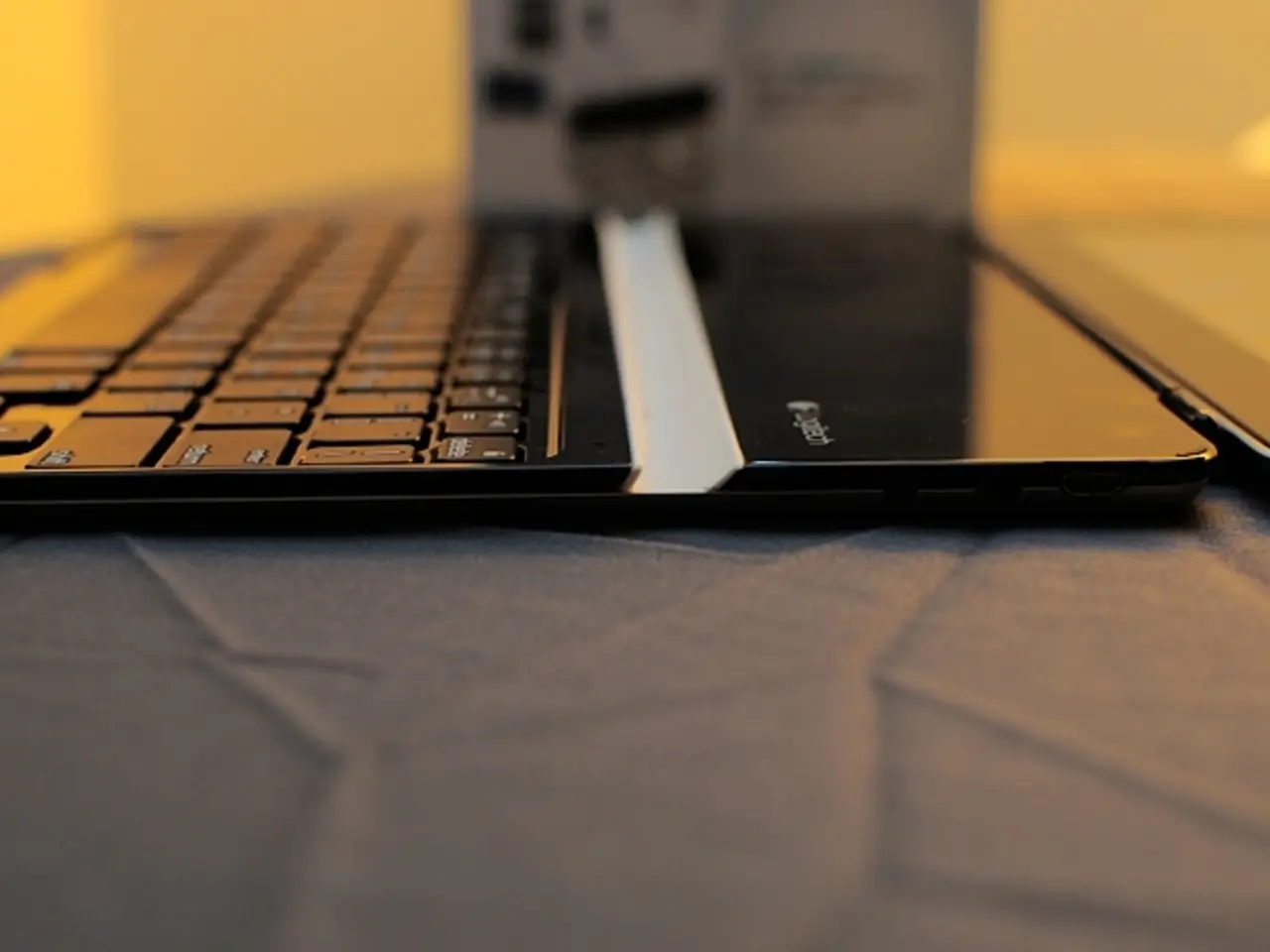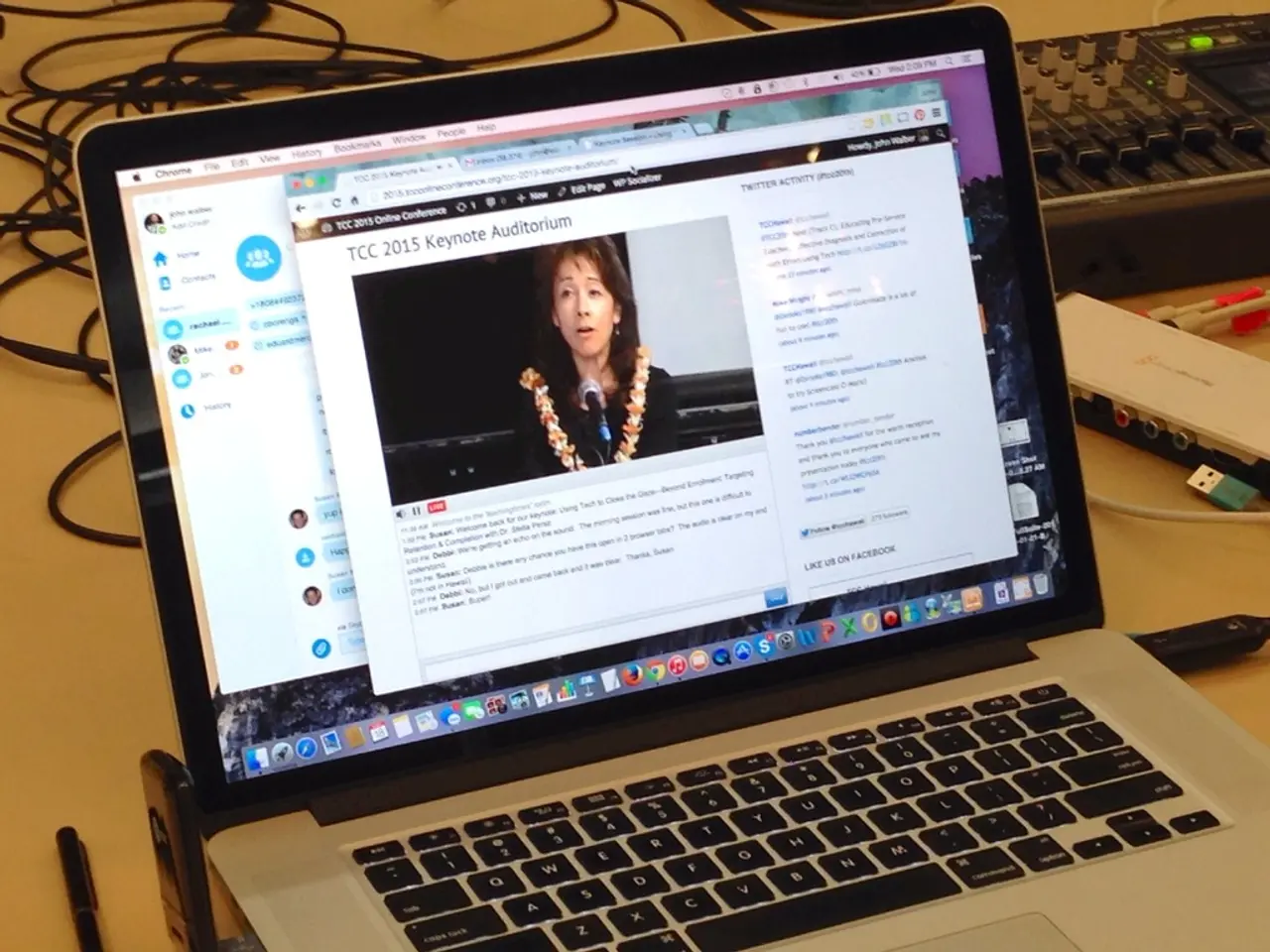No Credit History Not Necessarily an Issue: Possibilities Exist
In the realm of finance, a groundbreaking development is taking shape as retail shopping behaviour is being leveraged to create an alternative credit score for individuals without a formal credit history. This innovative approach, which uses data from non-traditional financial activities such as Buy Now, Pay Later (BNPL) loans, promises to open up credit opportunities for millions of people worldwide.
The concept revolves around capturing repayment behaviour through BNPL loans, a service that allows consumers to make purchases by paying in installments over weeks or months, often without traditional credit checks. Major credit scoring models like FICO have started incorporating repayment data from BNPL loans into credit scores, providing lenders with an alternative view into consumers' payment reliability beyond traditional credit accounts.
Companies such as Affirm now voluntarily report BNPL payment data to major bureaus like Experian, while bureaus like Equifax and TransUnion have developed ways to integrate this alternative data. This integration enables credit scoring systems to factor in this valuable information, providing a more comprehensive view of an individual's creditworthiness.
For those who have been excluded from traditional credit scoring due to a lack of credit usage, this alternative approach offers a lifeline. By including retail shopping behaviours—especially consistent, on-time installment payments made through retail financing options—alternative credit scores can assess financial responsibility for individuals otherwise lacking sufficient credit files.
This shift towards a more inclusive credit system can result in fairer decisions, with people without formal credit histories, such as younger consumers or those new to credit, gaining access to financing based on demonstrated repayment behaviours from retail transactions.
The researchers behind this innovative approach aim to create an alternative credit score using people's shopping behaviour. They have gathered a comprehensive monthly snapshot of individuals' credit histories from a registry managed by Peru's financial regulatory authority, and merged this data with information from retail behaviour to create alternative credit scores for distinct groups of people.
Interestingly, the data shows that disciplined shopping behaviour, such as shopping on a consistent schedule, sticking with a budget, and buying items on sale, is associated with paying credit card bills on time. Furthermore, the alternative credit score has been found to do better at forecasting credit risk than traditional credit scores or utility bills alone.
However, privacy regulations pose a challenge in implementing this model. As with any data-driven innovation, careful consideration must be given to ensure the protection of individuals' personal information.
If successfully implemented, this alternative credit score could help extend credit to the 1.4 billion individuals worldwide who lack access to formal financial services. By recalibrating their appetite for risk when lending to "unbanked" people, companies may find themselves opening up new markets and contributing to financial inclusion on a global scale.
The alternative credit score concept, utilizing data from BNPL loans and retail shopping behaviors, is being adopted by major credit scoring models, such as FICO, and bureau services like Experian, Equifax, and TransUnion. This integration offers an opportunity for people without traditional credit histories, including younger consumers or those new to credit, to gain access to financing based on their demonstrated repayment behaviors from retail transactions.
The researchers aiming to create this alternative credit score have combined a registry of individuals' credit histories with information from retail behavior to assess financial responsibility for those lacking sufficient credit files, potentially extending credit to the 1.4 billion individuals worldwide who are currently unbanked.




